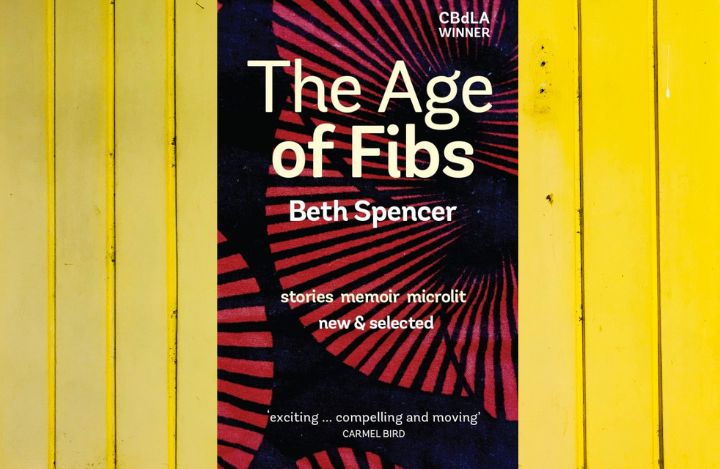I relished all these great Aussie books … and hope you do too.
McFarlane dazzles
In The Sun Walks Down, the search for six-year old Denny, gives rise to a colourful cast of characters including Denny’s partially deaf mother and stockman father, his 15-year-old sister Cissy, a Swedish painter and his wife, the local policeman who has just married, an Afghan cameleer and an Indigenous man. Through these marvels of the imagination, Fiona McFarlane remakes colonial myths and offers multiple perspectives on the landscape of which she says, “To some people it does feel barren and strange and empty and hostile, but for others it feels full of life. For [some] it’s the only place they have ever known, for others it’s the place taken from them.” A dazzling achievement.
de Kretser works wonders

Michelle de Kretser’s Scary Monsters won the Rathbones Folio Prize for Fiction – an international honour for her impressive work. Three scary monsters – racism, misogyny and ageism – spread their tentacles throughout this novel in two parts. Lili in 1980s’ France tries to liberate herself from her past and her fear but also recognises how immigrants can suffer. Lyle, in a sweltering 50-degree-plus Australia, works for a sinister government entity wondering how the immigrant dream of a better life for his family has become so caught up with prosperity and debt. In this Australia it’s illegal to campaign against inequity and people mustn’t look back. “That’s not the Australian way.” Scary insofar as it doesn’t let any of us off the hook.
Spencer shines

Beth Spencer’s writing has been compared with Annie Ernaux’s and Elena Ferrante’s – high praise indeed. And yes, The Age of Fibs stories memoir microlit is a cracker of a book – hard to pigeonhole with its blend of forms and focus, but full of delights, which meant I got to the end and wanted to go for the ride again. Musings on the bra and its role in the life of a schoolgirl during the 70s nestle next to stories like “Playing Cards on a Red Rattler”, that show clearly how classist Australians can be. Other pieces probe love and loss, desire and agency, space and politics, memory and trauma. A deserving winner of the Carmel Bird Digital Literary Award.
Bishop blitzes

I love Stephanie Bishop’s work. She tackles big ideas both unflinchingly and stylishly. In this case they revolve around the life of an artist, and whether it is inevitable that one partner’s creative trajectory will be eclipsed when two artists are partnered in marriage. Ideas aside, Bishop is also a great storyteller. In The Anniversary she shows us novelist JB Blackwood who is on a cruise with her husband, Patrick, to celebrate their wedding anniversary. He’s much older than her and was once her professor. As a film director, he’s a cult figure. Now JB is on the cusp of winning a major literary prize and her work is beginning to eclipse his. Will their relationship survive?
Hepworth: Happy ever after?

I wasn’t familiar with Melbourne-based Sally Hepworth’s work but found The Soulmate was a page-turner. Gabe, Pippa and their two young daughters live in a house on a cliff where Gabe has talked seven people around from ending their lives. Sadly, he fails with the eighth, which leads to a police investigation. When Gabe is suspected of murder, it shows just how vulnerable the family is. Learning about Amanda, the woman who jumped (or was she pushed?), forces Pippa to acknowledge the anxiously restrictive life she’s been living with Gabe, who has a mental illness. The “soulmates” all have their faults and encourage us to ponder how far we’d be willing to go for the sake of family.





